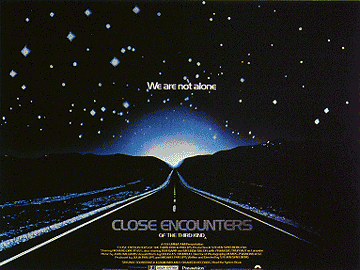Mindy Kaling’s memoir Is Everyone Hanging Out Without Me has a chapter that lists and explains Kaling’s 13 Rules for Guys.
I liked the list immediately because of its number. Thirteen. Not ten. Not a even dozen. Not twenty. The decidedly un-round number thirteen. I never trust a list that contains a round number of items. It’s too damn convenient. It probably means that one or two quality items were left off the list or one or two less-than-worthy items were added to the list to achieve the round number.
Thirteen is a great list number. Ten is the worst.
As for Kaling’s recommendations, I currently adhere to or would be willing to adopt to most but have serious objections to a few.
For the record, Elysha supports every item on the list without reservation. She and Mindy Kaling could easily be best friends.
________________________________________
1. Buy a well-fitting pea coat from J. Crew (and get it cleaned once a year).
I could do this. I kind of like a pea coat.
2. Have a signature drink.
Does Diet Coke count?
Actually, if I’m drinking a cocktail, I like a kamikaze a lot, but this sounds like a drink for someone celebrating their twenty-first birthday. Almost never drinking alcohol makes this a tough rule to follow.
3. Own several pairs of dark-wash straight-leg jeans.
I used to know several pairs of these jeans, and then I took six inches off my waist, so I have been slowly restocking my wardrobe. Emphasis on slowly. I currently own two pairs, though only one pair is actually my size.
4. Wait until all women have gotten on or off an elevator before you get on or off.
I follow this rule unless it makes things exceedingly awkward.
5. When you think a girl looks pretty, say it and make it about her (i.e., “You look so sexy in those boots,” not “Those boots are really cool.”)
I think I do this as well, though I rarely compliment the physical appearance of anyone except my wife. This is partly because I think my wife is prettier than everyone else and partly because I am not a very visual person and fail to notice appearance. I also refrain from commenting on a student’s physical appearance, and this policy tends to bleed into the rest of my life as well.
6. Avoid asking if someone needs help in a kitchen or at a party–just start helping.
I am often the first person at the sink, ready to clean the dishes. While I’d like people to think that this is an act of kindness and politeness, it is probably the result of my years of working in a restaurant and my need to clean as I go.
7. Have one great cologne that’s not from the drugstore.
Really? I smell fine already.
8. Your girlfriend’s sibling or parents might be totally nuts, but always defend them.
Elysha feels that I do an adequate job in this regard. I was not as convinced. I tend to come down on the side of logic and reason rather than loyalty or obligation, but I’ll take her word for it.
9. Keihl’s for your skin, Bumble and Bumble for your hair.
Apparently Elysha gave me a bottle of Keihl’s when we started dating. I have no recollection of this. Nor do I think I need this product. Or any product.
I don’t even use shaving cream. Old fashioned soap works just fine.
I have no idea what Bumble and Bumble is, but I have not put anything in my hair other than shampoo for more than two decades. I don’t think I need to start now.
10. Guys only need two pairs of shoes: a nice pair of black shoes and a pair of Chuck Taylors.
I own two nice pairs of black shoes but no Chuck Taylors. I didn’t even know what a Chuck Taylor was. I own sneakers, which I wear almost every day to work simply because of the nature of my job, but I can’t see myself wearing these things.

They don’t seem to have any support and look like they would last about four seconds before falling apart. When I was a teenager, I owned an actual pair of Converse sneakers that looked a lot like these, so why would I want to start wearing a sneaker that is an imitation of something I actually wore as a kid?
11. Bring wine or chocolate to everything.
I’m more than willing to begin doing this, but wouldn’t it begin to seem a little like pandering after a while?
12. Get a little jealous now and again, even if you’re not strictly a jealous guy.
I don’t understand the purpose of this, nor does jealousy come easy to me.
13. Don’t shave your chest hair.
The vanity required in order to do something like this is beyond me.















